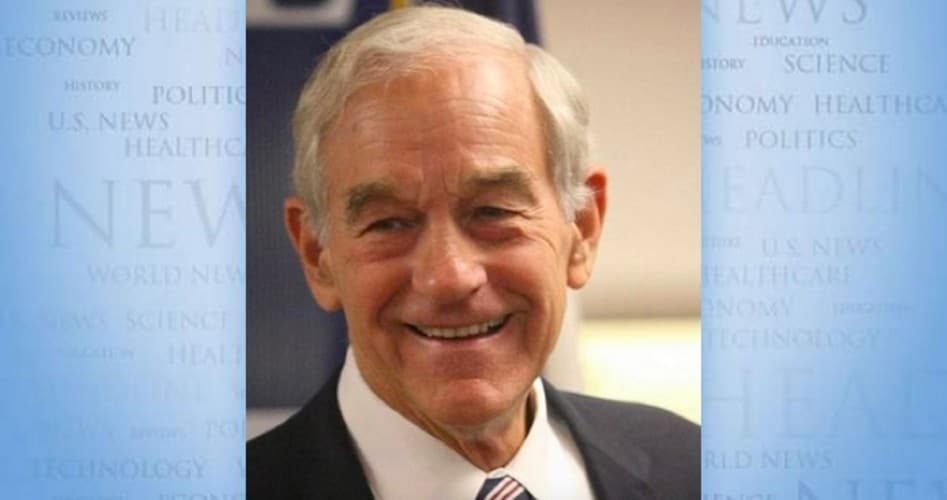
Former President Donald Trump infuriated many anti-abortion voters last week when he refused to commit to national abortion restrictions and seemed to blame them for Republican losses in the 2022 mid-term elections. Trump even criticized the six-week abortion ban signed by Florida Governor (and fellow Republican candidate) Ron DeSantis. So, not only is Trump balking at national restrictions but he is criticizing a state restriction. What are pro-life voters to do?
Politically, Trump may feel he does not need the pro-life vote as much as he did in his previous presidential runs. After all, he is so far ahead in all primary polls that absent an extremely unusual event he is all but the presumptive Republican nominee. He hasn’t even felt compelled to participate in any of the primary debates, skipping the first one to sit for a hugely popular interview with Tucker Carlson.
Trump has attempted to placate pro-life voters by repeating that he is the most pro-life president in American history and by touting that the Supreme Court overturned Roe V. Wade on his watch and with his nominees. He is positioning himself as a moderator and dealmaker, promising to finally make peace on the abortion issue after 52 years of political warfare.
It is understandable that Trump may feel he has more wiggle room on the abortion issue this time. Pro-life voters are likely sufficiently angered by the rapid advance of Cultural Marxism and social chaos of the past three years under Biden that they are ready to jump at even the possibility of a return to more socially conservative values to the White House. If pro-life voters just stay home on election day, they may end up with something far worse than a generally friendly occupant in the White House.
But it doesn’t need to be this way. I strongly believe that the more difficult the issue is, the more local should be its solution. That is the real success of the Dobbs decision, because abortion should have never been a federal issue in the first place. Overturning Roe v Wade returned us to where we belonged, with state and local laws governing all issues not Constitutionally reserved for the Federal Government.
Bigger problems are best decided closest to home. Look for example at what happened when parents started going to school board meetings and demanding accountability on everything from Covid restrictions to transgenders in school bathrooms. Parents were extremely effective because they only had to travel to the local school board meeting to demand – and get – results. Does anyone think they would have been able to get the same results at the Department of Education in Washington DC?
Similarly, immigration is much better handled by those closer to the action. Ideally it would be a property rights issue, but at the least states like Texas should be taking an active role in preventing a foreign invasion into its borders rather than waiting for Washington to make a move.
The pro-life voters and a seemingly more moderate Trump are making a mistake drawing federal battle lines on the issue. The doors are wide open for state and local activism on the abortion issue. All in all, it is a win rather than a loss for power to be devolved from Washington to your local capital or city hall.
Ron Paul is a former U.S. congressman from Texas. This article originally appeared at the Ron Paul Institute for Peace and Prosperity and is reprinted here with permission.



